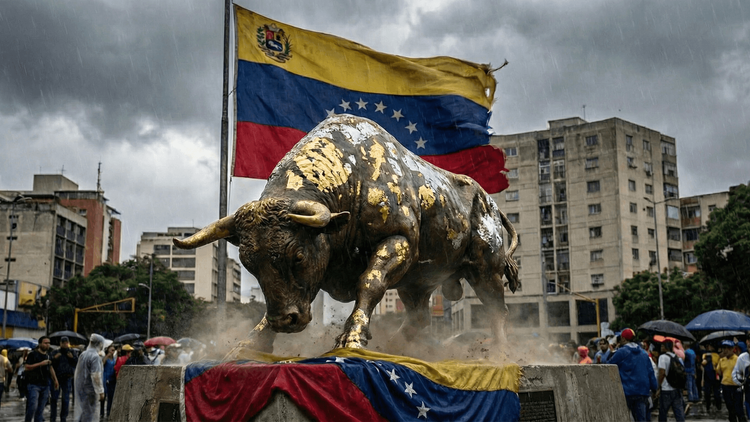Pfizer makes promises for Covid-19 pill
Company advertises with 89 percent effectiveness

Pfizer Inc.'s experimental antiviral pill to treat COVID-19 lowers the risk of hospitalization or death in adults at risk of serious illness by 89%, the company said on Friday, while its CEO promised this promising new weapon in the fight against the pandemic available worldwide as quickly as possible.
The study's results suggest that Pfizer's (NYSE: PFE) drug outperforms Merck & Co Inc.'s pill, molnupiravir, which was shown last month to be used in high-risk COVID-19 patients For a serious illness, the risk of dying or of being hospitalized is halved.
Pfizer's Paxlovid pill could get approval in the US by the end of the year. Pfizer plans to present the interim results of the study to the Food and Drug Administration (FDA) before the American Thanksgiving festival on November 25th. The study was terminated prematurely due to the high success rate.
President Joe Biden said the US government had secured millions of doses of the Pfizer drug.
"If the FDA clears it, we could soon have pills that treat the virus in those who have become infected," Biden said. "Therapy would be another tool in our tool kit to protect people from the worst of the effects of COVID."
Shares in Pfizer, which also makes one of the most widely used COVID-19 vaccines, rose 11% to close at $ 48.61. Merck shares fell 10% to close at $ 81.61. Vaccine manufacturer stocks fell: Moderna (NASDAQ: MRNA) Inc, Pfizer's German partners BioNTech SE (NASDAQ: BNTX) and Novavax (NASDAQ: NVAX) lost 11-21%.
Pfizer's pill is given in combination with an older antiviral called ritonavir. The treatment consists of three tablets taken twice a day. It's been in development for almost two years.
Pfizer and Merck's tablets are eagerly awaited as there are currently limited options for treating people with COVID-19. Complete study data are not yet available from either company.
Pfizer is in active discussions with 90 countries over supply contracts for its pill, said Chief Executive Officer Albert Bourla in an interview.
"Our goal is that everyone in the world can have the pill as quickly as possible," said Bourla. Bourla added that Pfizer believes the price of treatment in high-income countries will be close to the price Merck charges for its drug. Merck's contract price in the US is around $ 700 for a five-day treatment. For low-income countries, according to Bourla, Pfizer is considering several options with the aim of "not creating a barrier to access for them either."
Merck's pill was approved by UK regulators as a world first on Thursday.
Despite the potential that Pfizer and Merck's pills hold, preventing COVID-19 infections through the widespread use of vaccines remains the best way to contain a pandemic that has killed more than five million people worldwide, including more than 750,000 in the United States, according to infectious disease experts.
"Vaccines will be the most effective and reliable tool we have in this pandemic," said Dr. Grace Lee, Professor of Pediatrics at Stanford University School of Medicine. "These oral drugs will improve our ability to really reduce the risk of serious illness, hospitalization, and death, which is very important, but they will not prevent infection.
Although more than 7 billion vaccine doses have been administered worldwide, only about half of the world's population has been vaccinated. In the United States, 58% of all people, including 70% of adults, are fully vaccinated.
Mizuho analyst Vamil Divan predicted "very little effect" of the Pfizer drug on vaccinating people who do not want the vaccine or booster vaccination recommended by US health officials.
"I think there is a small percentage of people who do not get vaccinated because there are now good treatment options," said Divan.
PRODUCTION OBJECTIVES
Pfizer expects to produce 180,000 dental units by the end of this year and at least 50 million units by the end of next year, including 21 million in the first half of 2022. Bourla said that based on the unexpectedly good study results, Pfizer would double its production target for considering the next year.
Antiviral drugs must be given as early as possible before an infection breaks out so that they can take their full effect.
The planned analysis of 1,219 patients in Pfizer's study looked at hospitalizations or deaths in people diagnosed with mild to moderate COVID-19 infection who had at least one risk factor for developing a serious illness, such as: B. Obesity or old age.
For those who received Pfizer's drug within three days of the onset of symptoms, the pill reduced the likelihood of hospitalization or death in adults at risk of severe COVID-19 disease by 89% compared to those who received one Placebo. Of these patients, 0.8% were hospitalized by 28 days after treatment, and none died, while in the placebo group, 7% of patients were hospitalized and seven died.
The rates were similar among patients treated within five days of the onset of symptoms: 1% of patients in the treatment group were hospitalized, while the placebo group was 6.7%, including 10 deaths. According to Pfizer, this corresponds to an 85% effectiveness in preventing hospitalizations or death.
Two more studies - one in people with no underlying risk factors and another in people who have been exposed to the virus but not yet infected - are ongoing, and the results are expected to be in the first quarter of 2022, according to Bourla.
Pfizer did not provide details on the side effects, but said that adverse events occurred in about 20% of patients who received both treatment and placebo. Possible side effects include nausea and diarrhea.






